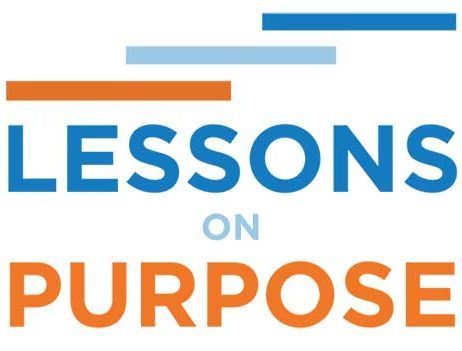Being One Person
I remember catching myself berating someone 20 years my senior, using bad language and raising my voice because they wouldn’t properly sweep up a pile of potato chips. That is when I realized that I was living a duplicitous life – being one person in one setting and another in a different setting.
For context, I was a 22 year-old supervisor in a manufacturing plant, a union shop, and believed that people would not take me seriously unless I used colorful language common to the shop floor, or pulled out my insubordination card from my wallet. I realized then that I needed to be one person – always, in every setting, and not pretend to be who I was not.
I moved 15 times as a kid, so got pretty good at fitting in – adopting accents (Texan, Cajun, hillbilly) to sound like my peers, or emphasizing different skill sets: jock, brain or partier, to assimilate quickly. Unfortunately, these skills focused on fitting in and conforming, rather than fostering my true nature.
Here are some lessons I learned as I matured in this area:
- Tell the truth: at another manufacturing job, this time as a summer laborer (digging ditches, taring roofs, etc.) I was coached by more senior workers how to hide from managers, and sneak short naps while on the clock. These became elaborate schemes with watchouts, and folks covering for one another. It was much more work to lie and attempt to skip out of work rather than just doing the task at hand. I learned then that telling the truth helps simplify life. Truthful people have no need for watchouts, orkeeping track of what they have told to whom.
- Speak of others like they are in the room: often there is pressure to succumb to gossip about others. Being duplicitous, saying one thing to someone and another to someone else, is a weak approach to life – it can hurt others, and hurt you when you get caught. If someone comes you speaking about others, you can guarantee they are doing the same, speaking about you to others. The simple lesson here is to always speak of others like they are in the room.
- Being true to yourself brings peace: I was unplanted from moving so many times, yet I continued to strive only to fit in. Instead of settling me, this created more angst. I have come to learn to stop apologizing for my gifts and weaknesses, for my accent or interests. My mind calmed quickly when I was myself in all settings – and it had further benefit of allowing me to listen to others and be present, rather than selfishly focusing on myself.
Being true to yourself may cost you a friend or two, or cause you to miss a nap on company time, but in the end will allow you the power to be yourself, and allow your own skills and gifts to flourish. When I stopped being a brash, demonstrative supervisor, I quickly learned that having tough conversation behind closed doors is much more effective to change behavior than admonishing in public. Always speaking the truth, about others or yourself will strip away a burden that many of us carry.
Hope this small lesson helps you find peace in always being true to yourself.

